Britain & Ireland
What was it about industrialisation that led to the emergence of a woman’s movement in Victorian Britain? Why do we see so many people fighting for so many rights and liberties in this period and what are the origins of some of the issues we still campaign on today? This section includes our major series on Social and Political Change in the UK from 1800 to the present day. There are also articles and podcasts on the often violent relationship between England and Ireland during this period and England’s changing relationship with Scotland and Wales. Read more
Sort by:
Date (Newest first) | Title A-Z
Show:
All |
Articles |
Podcasts |
Multipage Articles
-
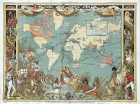
What Have Historians Been Arguing About... the impact of the British Empire on Britain?
ArticleClick to view -

Florence Nightingale and epidemics
ArticleClick to view -

History Abridged: The census
ArticleClick to view -
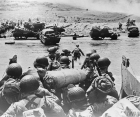
Recorded webinar: Untold Stories of D-Day
ArticleClick to view -

Sporting Heritage EPQ
ArticleClick to view -
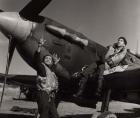
Virtual Branch Recording: Writing Black histories, telling Black stories
ArticleClick to view -

The Origins of Mass Society: Speech, Sex and Drink in Urbanising Britain, 1780-1870
ArticleClick to view -

Film: Reimagining the Blitz Spirit
ArticleClick to view -

The changing convict experience: forced migration to Australia
ArticleClick to view -

Immigration and the making of British food
ArticleClick to view -

What have historians been arguing about... decolonisation and the British Empire?
ArticleClick to view -

Women and Gender in the French Wars
PodcastClick to view -

Peterloo: HA interview with Mike Leigh and Jacqueline Riding
ArticleClick to view -
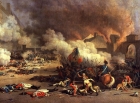
Age of Revolutions Resources
InformationClick to view -
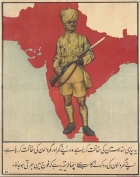
Journeys Home: Indian forces and the First World War
ArticleClick to view -
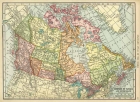
The Northern Limit: Britain, Canada and Greenland, 1917-20
ArticleClick to view -
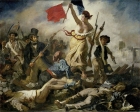
Podcast Series: The Age of Revolutions
Multipage ArticleClick to view -

1851 by Asa Briggs
ArticleClick to view -
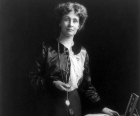
Podcast Series: The Women's Movement
Multipage ArticleClick to view -

Podcast Series: Politics, Reform and War
Multipage ArticleClick to view

